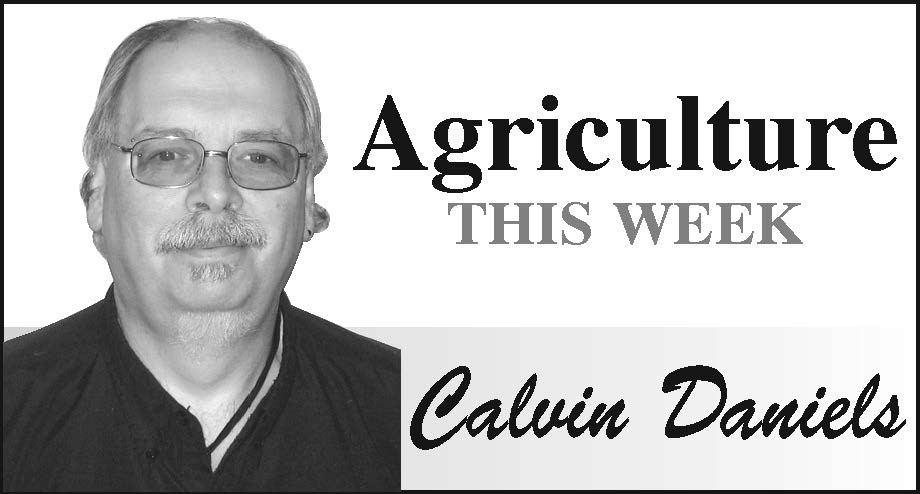When the world shudders from a major event, and the COVID-19 pandemic is certainly a major event, countries tend to look inward as fear sets in.
That is at least on the surface and seems a logical response. Certainly here in Canada we look at the border restrictions which limit travel to and from the neighbouring United States as a good thing given the seeming lack of control, or even a hint of a plan to deal with the pandemic, from state-to-state, all the way up to the president’s office south of the 49th parallel.
But, trade needs to be maintained.
Economies today are almost all integrated across borders, meaning raw materials are often gathered from one country, processed in another, with the product sold in various other countries. Close a border for any reason and the system shudders.
Here in Canada agriculture producers are fully aware of that after the beef industry was generally brought to its proverbial knees when Bovine Spongiform Encephalopathy (BSE), was first found in an Alberta cow in 2003, with export markets closed in reaction.
The situation is of course different with COVID-19. The fear is that movement of people, and even products, can increase the likelihood of disease transmission.
Certainly in this household, a book package sent from Britain will go into a period of isolation, then disinfecting, before being opened. Is that being overly cautious? Perhaps, but it is a non-onerous effort that comes down to being better overly cautious, than on a ventilator.
So, if we in this household are being cautious, it’s easy to understand why governments are looking at domestic production being easier to ensure safe than those from half a world away moving through various hands before arriving.
So to read on www.producer.com that according to the World Trade Organization, between October 2019 and May 2020, G20 economies implemented 154 new trade or related measures, finding 95 to be trade-facilitating and 59 as trade-restrictive, is hardly surprising.
But, for Canada, a producer of much that cannot possibly be consumed domestically, trade is essential, and the fewer barriers to trade the better.
The increase in protectionist policies around trade create those barriers, and that COVID-19 has increased such rules and regulations is not good news for producers here.
The situation is made more concerning here since the general mood of the US under President Donald Trump is to be more protectionist, even before the COVID pandemic struck.
In Europe the decision by the United Kingdom to pull out of the European Union, itself largely a protectionist effort, muddies the waters across the EU in terms of trade and more importantly in terms of trade access.
The impact of COVID has of course been felt in practically every facet of our lives this year, but the impact of free trade may be a facet where the effects are felt the longest.
Calvin Daniels is Editor with Yorkton This Week.



